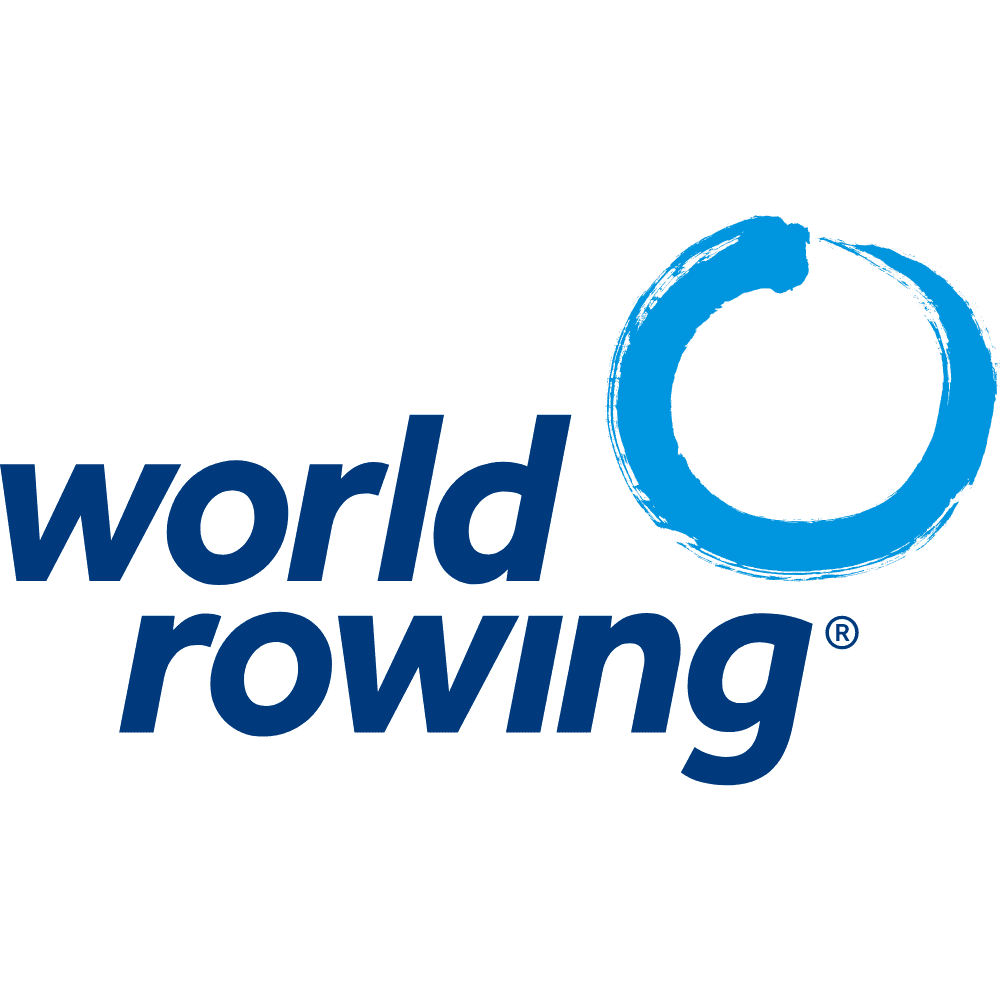
30 Nov 2020
November 2020 : Felice Chow (TTO)
Felice Chow, known as Aisha, exemplifies longevity in rowing. Now 43 years old, Chow is from Trinidad and Tobago and is leading the way for a fledgling rowing scene. She currently lives in the United States, has been rowing for 25 years and finds she’s still getting faster. Chow hopes to be Tokyo bound in 2021.
World Rowing: When did you start rowing and why do you still row?
Aisha Chow: I was a walk-on rower in college (in the United States) 25 years ago and I still row because I haven’t figured it all out yet! When I peak, I might consider quitting but I am still getting faster and fitter and still working on my catch timing so that keeps me motivated.
WR: How has your 2020 been, especially compared with what you thought it would be like?
AC: 2020 has been a year unlike any in recent times and has been incredibly difficult for many, many people. Mostly I feel grateful this year – I feel lucky to have a job mostly unaffected by the pandemic and, since I row in the single, my training has been mostly unaffected as well.
WR: How have coronavirus restrictions affected your training?
AC: The boathouse where I train (BIAC in Redwood City, California) has allowed singles throughout the pandemic so my water training hasn’t been affected. And, after an initial scramble to find equipment for land training, that is back on track.
WR: How has your rowing (or how you feel about rowing) changed over time?
AC: When I first started rowing in college (in eights), I loved the competition and camaraderie but I wasn’t a student of the sport or of proper technique. Mostly I just pulled really hard and hoped for the best (even if I crabbed a few times!). Rowing in a single has forced me to (try to) learn how to be a better rower and to understand the relationship between each part of the stroke/recovery and boat speed. Even if I can’t always execute it perfectly, I at least have a better theoretical understanding of what makes a good stroke!
WR: What is the Trinidad and Tobago rowing scene like? Are there many rowing athletes following your lead?
AC: Trinidad has a pretty new rowing scene. There had not been any public access to rowing. But, within the last few years, Trinidad received some World Rowing donated singles and other small boats so there is now publicly accessible rowing and a small Learn-to-Row scene for recreational rowers or aspiring athletes.
WR: What is your most memorable rowing moment?
AC: I have so many (good and bad) rowing memories! I think the 2019 Pan Am Games have to rank among my favourite memories though. I am still striving for perfect strokes and perfect race execution and my races there came the closest so far to being what I hope for every race – aggressive, confident and executed to the best of my abilities at the time in a way that honours the training and sacrifices made to get there. Plus the silver medal in the women’s single was pretty awesome!
WR: What is your next major goal?
AC: I am hoping to qualify for Tokyo 2020 in the women’s single. The 2020 Americas Olympic trials were cancelled due to the pandemic and new dates have not yet been announced. So, I am training with the assumption (hope) that there will be trials early next year.
WR: What other sports have you done and have those skills helped your rowing?
AC: I cross-train quite a bit on the bike and I used to swim and practice martial arts. I am not sure that skill-wise anything translates to rowing but discipline and acclimation to tedium probably translates across sports. Rowing is mostly fun but some workouts (e.g. 25K steady-state on the erg) are just sessions you put your head down and grind out because you need to.
WR: What do you do when you are not rowing?
AC: My life is mostly split between rowing and my job. I work in early drug research and development and lead a team of researchers working to develop treatments for diseases with unmet patient need. I love my job – it’s a huge challenge trying to move from idea to drug and my work is stimulating and -usually – fun. While it’s logistically challenging trying to squeeze in long training hours and a full-time job, they are actually great complements. Rowing is a respite from my job and vice versa. So, I don’t overdo or get sick of either.
WR: How do you relax or have fun?
AC: Well, since some of my favorite pastimes (travel and eating out) are not possible now, I have been catching up on TV shows and movies. Is it too late to start watching Game of Thrones?!
WR: Which athlete do you most admire?
AC: Rowing-wise, I really admire Gevvie Stone. I think partly it is because it has been really inspirational to see what she has been able to do – kicking butt even training through medical school and having to cobble together her own training groups and camps – and partly because she is such fun to watch rowing. She usually either looks like she is out for blood -with the racing grimace or fearsome game face – or having a blast (who smiles while racing) and that seems like what rowing should be all about.

